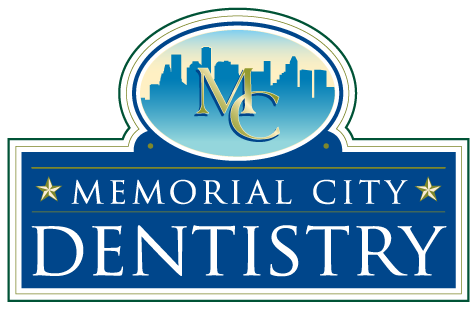At Memorial City Dentistry, we believe in empowering our patients through education about the dental treatments we offer and the medications we use. A vital component of many dental procedures is Lidocaine, a local anesthetic praised for its effectiveness in ensuring comfort and pain relief. This blog aims to demystify Lidocaine for our patients, focusing on its function and the duration of its numbing effects, to help you feel more prepared and at ease with your dental care decisions.
Understanding Lidocaine
Lidocaine serves as a key anesthetic in dentistry, offering temporary numbness to specific areas of the mouth during treatments. By blocking the nerve signals that convey pain sensations to the brain, Lidocaine ensures that patients can undergo various dental procedures without discomfort.
How Long Does Lidocaine Last?
Several factors can influence how long you’ll experience numbness from Lidocaine, including the anesthetic’s concentration, the dental procedure performed, and personal metabolic differences among patients. Typically, the numbing effects of Lidocaine can be expected to last from 1 to 3 hours. Below we detail the factors affecting this duration:
- Concentration and Dosage: The specific amount and concentration of Lidocaine used can vary, impacting the length of time its effects are felt. Generally, a higher dose might mean prolonged numbness.
- Procedure Type: The nature of your dental treatment can also dictate how Lidocaine is applied and its lasting effects. For example, treatments targeting the gums may require different considerations than those for the teeth.
- Individual Variation: Patients metabolize Lidocaine at different rates, influenced by factors such as metabolism speed. Those with quicker metabolic rates may notice the numbness subsiding sooner than others.
Managing After-Effects of Numbness
While the sensation of being numb is a normal outcome of dental procedures using Lidocaine, managing it effectively is important for your comfort and safety. Here are some guidelines:
- Choose Soft Foods: Until you regain full sensation, it’s wise to avoid foods that are hard or require significant chewing, reducing the risk of accidental bites.
- Exercise Caution with Hot Drinks: The diminished sensation makes it difficult to gauge the temperature, increasing the likelihood of burns.
- Follow Aftercare Instructions: The team at Memorial City Dentistry will provide you with tailored advice for post-procedure care. Following these recommendations closely will facilitate a smooth recovery.
Wrapping Up
Gaining an understanding of Lidocaine’s role in your dental treatment, including how long its effects last, can help alleviate any apprehension about your upcoming visit. At Memorial City Dentistry, our priority is to ensure that you receive comprehensive information and care, making your dental health journey as comfortable and informed as possible. If you have questions about Lidocaine or any other aspect of your treatment plan, our dedicated professionals are here to support you every step of the way.


